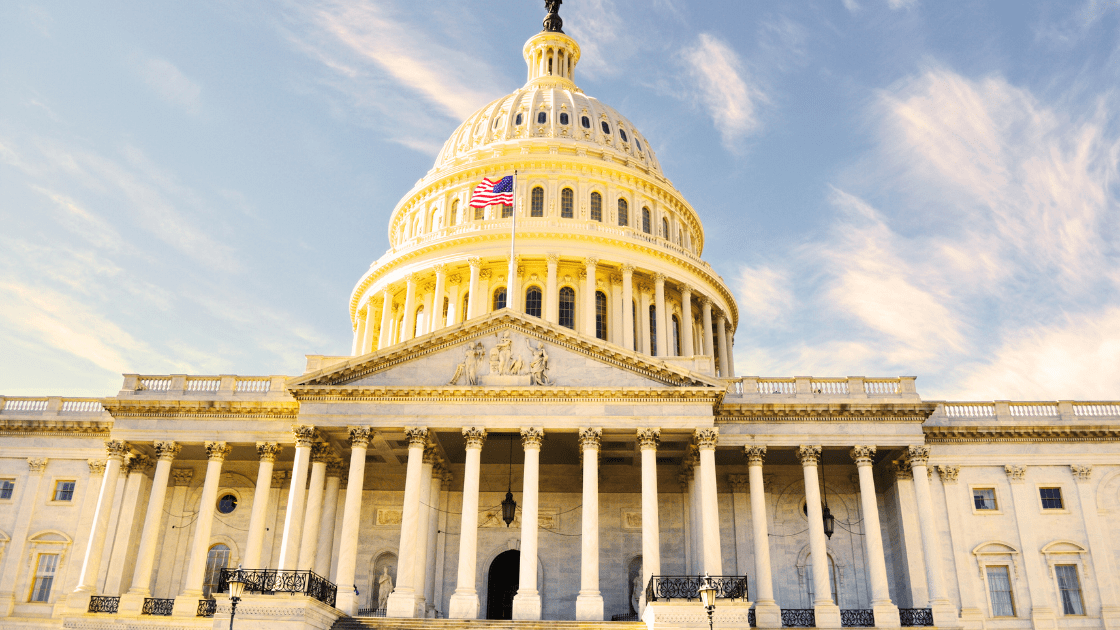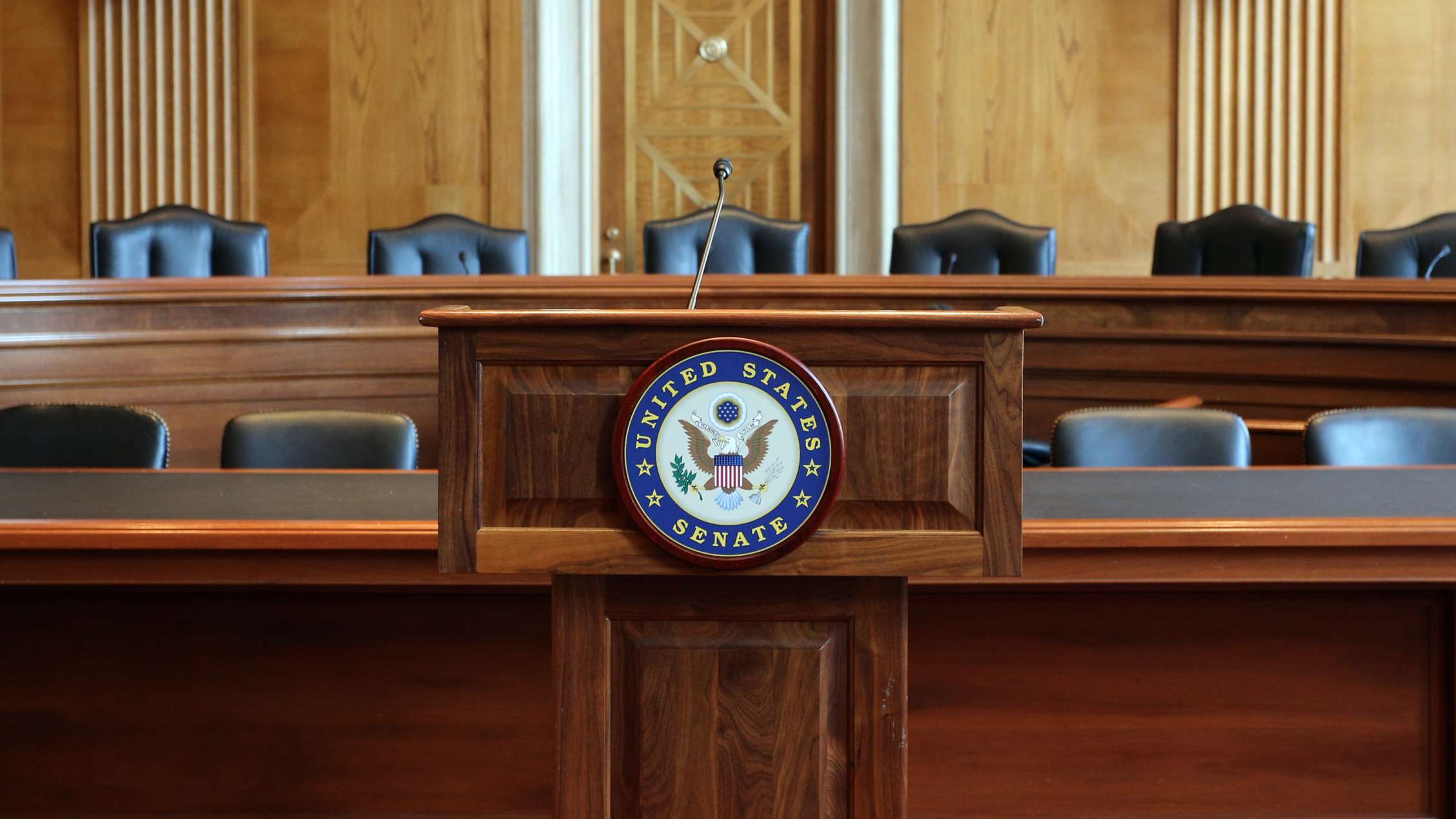
FRANKFURT—Germany’s exports exceeded its imports by the widest yearly margin on record last year, a sign of the strength of Europe’s biggest economy that could inflame tensions between Washington and Berlin over their trade relations.
[NINA ADAM and ANDREA THOMAS| February 09, 2017 |Wall Street Journal]
Germany’s trade surplus—or the balance of exports and imports of goods—rose to €252.9 billion ($270.58 billion), marking the highest surplus since records began after World War II, the statistics body said on Thursday. Total exports of goods rose 1.2% from 2015, while imports increased just 0.6%.
Underlining the German economy’s reliance on exports, net trade accounted for about 8.1% of Germany’s gross domestic product last year, according to calculations by The Wall Street Journal, in contrast with the large trade deficit recorded by the U.S. last year.
The German data follow recent criticism by President Donald Trump’s administration of Germany’s dependence on foreign demand.
Mr. Trump has accused Germany of flooding the U.S. with cars while U.S. car makers weren’t being given enough access to the German market. Peter Navarro, the head of Mr. Trump’s new National Trade Council, has said German exporters had an unfair advantage because of the euro’s weak exchange rate.
Berlin can expect more U.S. criticism, said Marcel Fratzscher, president of prominent German think tank DIW. “Germany is vulnerable with its high export surplus,” Mr. Fratzscher said, with the data likely to be seen in the U.S. as vindication of Mr. Trump’s protectionist platform.
German Chancellor Angela Merkel has rejected White House claims, pointing out that Berlin had no influence on exchange rates and interest rates. Berlin has been a fierce critic of the European Central Bank’s easy-money policy, which has helped keep the euro low compared with the dollar. Others have pointed to German companies’ productivity and engineering prowess as the main factors behind high exports.
“Germany and the U.S. understood early on that economic competitiveness is central…for reaping the benefits of globalization,” Germany’s deputy finance minister wrote in a commentary published in The Wall Street Journal on Thursday. Blaming a country for being competitive “would be bizarre,” Jens Spahn said, adding that “nobody can have an interest in provoking a trade war.”
German officials have said they feared coming under particularly heavy fire when Wolfgang Schäuble, Germany’s plain-speaking finance minister, holds a meeting of the Group of 20’s finance ministers in Baden-Baden. Meetings of the group, which Germany chairs this year, have been a central forum for global macroeconomic disputes in the past.
Berlin argues that it has done a lot to boost domestic demand—and therefore imports—for instance by enacting the country’s first minimum-wage legislation. But the erection of trade barriers by the U.S. would hit Europe’s largest economy hard.
German exports of goods to the U.S. outstripped imports by around €45 billion in the 11 months through November, according to Germany’s statistics body, and the U.S. remains Germany’s single-biggest export market.
European Central Bank President Mario Draghi intervened into the trans-Atlantic spat this week, rushing to Berlin’s defense. “We are not currency manipulators,” he said on Monday, adding that different central-bank policies reflected “diverse positions in the [economic] cycle” between the U.S. and the eurozone.
Still, many economists agree that the euro’s exchange rate doesn’t fully reflect Germany’s economic strength, because it mirrors developments in all 19 countries that use the euro, whose economies have been mostly trailing Germany’s.
And while Germany sells more products than ever to the world, domestic demand in Europe’s largest economy isn’t keeping up—a development that, economists say, is depressing economic growth and employment in other parts of the world. Weak domestic investment is also holding back growth inside Germany.
“Exports are not too high, but imports are much too low as Germany has a huge investment gap and private and public investment is too low,” Mr. Fratzscher said, adding that the trade surplus was more a sign of economic imbalance than strength.
Recent analysis by The Wall Street Journal showed that many German companies are still reluctant to step up investment in their own country.
Germany’s statistics body also released data that showed a sharp rise in the country’s already high current-account surplus—a measure both of the country’s export prowess and of German companies’ reluctance to invest at home.
Germany’s current account stood at €266 billion in 2016, which marks the highest surplus since records began in 1991. By comparison, Germany’s current-account balance was showing a deficit in the 1990s and in the early 2000s.
It accounted for about 8.5% of GDP last year, according to calculations by The Wall Street Journal. That is the highest percentage among the world’s largest global economies, according to preliminary data, and well above the 3%-of-GDP level the U.S. Treasury targets when it assesses the exchange-rate policies of major trade partners in its biannual currency report. Along with currency intervention and large bilateral trade gaps, Treasury gauges current-account surpluses as one of the three key criteria that can trigger currency negotiations and even sanctions.
Most economists consider a large current account surplus as a sign of economic unbalance. The International Monetary Fund, the U.S., and even the European Commission have criticized Germany for its huge current account surplus and called on Berlin to do more to stimulate both domestic demand and spending on imports.
While Germany’s government expects the current account surplus to ease to around 8.1% of GDP this year, the forecast decline is unlikely to silence these critics.
Reflecting those concerns in Berlin, Mr. Spahn wrote in his column that “we need to move beyond the current account and broaden our view to the real challenges ahead…Germany and the U.S. should seize any chance to foster their good economic and political relations, and to build on their strengths, especially their open-market economies.”














